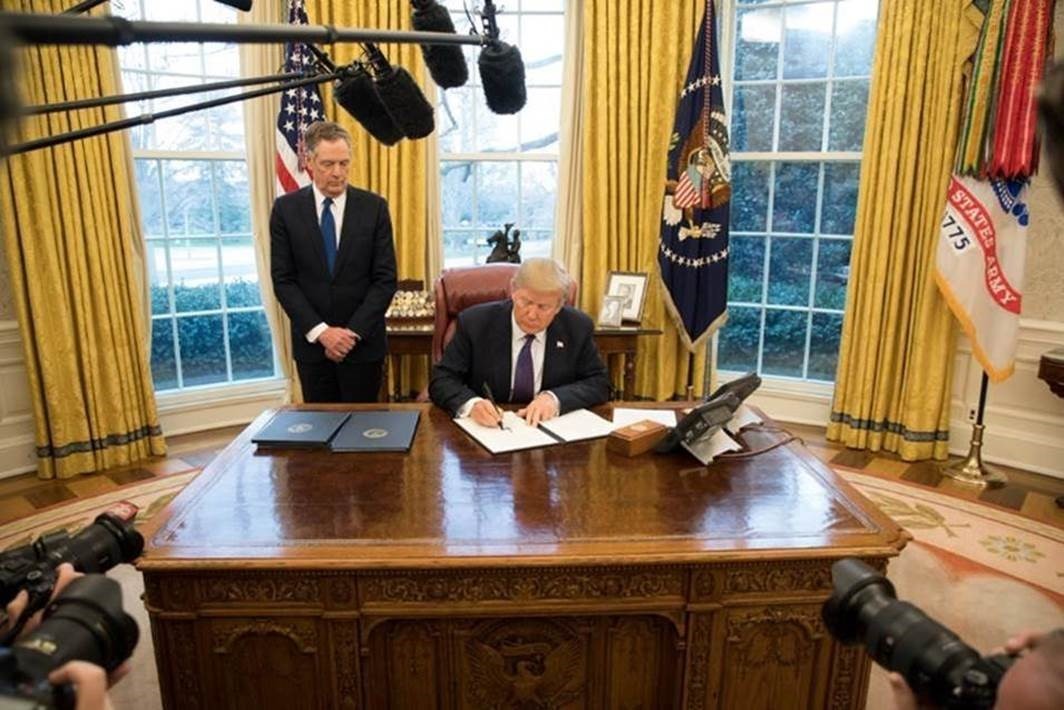A 195 MW and 200 MWh solar-plus-storage project and the standalone Great Kiskadee storage project (200 MWh) will provide energy arbitrage and ancillary grid services to the ERCOT market, critical for maintaining grid reliability.
Apex Clean Energy announced two new Texas energy storage projects with 400 MWh of power capacity, including one standalone project and one which will accompany the 195 MW Angelo Solar.
Both storage systems will use Powin’s 100MW/200 MWh, two-hour dispatch Centipede modular battery systems and StackOS battery management software system.
Angelo Solar (195 MW) and Storage (200 MWh) is a grid scale renewable energy facility under development in Tom Green County, Texas.
In January, Apex announced an environmental attribute purchase agreement with Meta (Facebook) for the full capacity of the Angelo Solar facility, which is expected to generate more than $24 million in tax revenue for the local community and $22 million in landowner payments.
Both the solar-plus-storage project and the standalone Great Kiskadee Storage project (100 MW|200 MWh) in Hidalgo County, Texas will provide energy arbitrage and ancillary grid services to the Electric Reliability Council of Texas (ERCOT) market, critical for maintaining grid reliability.
The Angelo and Great Kiskadee storage projects are expected to begin commercial operations in late 2023 and 2024. Permitting for Great Kiskadee Storage was filed in December 2020.
The storage systems will store excess solar or wind generation when daily demand is low and discharge when energy usage is high, ensuring adequate power supply while allowing the grid to operate efficiently and flexibly.
“Texas already leads the nation in operating wind and solar capacity; adding battery storage will support ERCOT with grid reliability, encouraging additional renewable development in the Lone Star State,” said Mark Goodwin, president and CEO of Apex. “Battery storage is a crucial component of our nation’s energy transition, and Apex is investing accordingly, with 11.6 GW of utility-scale storage in our development portfolio.”
“With visibility and control down to the battery cell level, our platform can respond to changing grid conditions in real-time,” said Geoff Brown, chief executive officer of Powin. “As these new storage projects are deployed, ERCOT customers in the region will have the assurance of a climate-resilient grid backed by Powin’s technology.”
Lone Star resistance
Recently, the Texas senate voted 21-9 in favor of SB 624, a bill that would place significant permitting restrictions and fines on solar and wind energy projects. A companion bill now heads to its House for approval.
(Read: “Texas Senate approves tight permit restrictions on solar and wind”)
Currently, Texas is the largest wind energy producer in the U.S. and is close to taking over as the number one state for solar, leapfrogging California. The Solar Energy Industries Association (SEIA) expects the state to add 36 GW of solar over the next five years, building on the 16 GW that is active to date.
SB 624 singles out solar and wind facilities, requiring them to obtain a permit from the Public Utility Commission (PUC) of Texas, while leaving out fossil fuels from the requirement. Governor Greg Abbott, who has long shown an affinity for fossil fuels, has appointed all the PUC members, who now would act as gatekeepers for any renewable energy project.
Additionally, SB 624 assigns a new yearly fee to be paid by renewable energy developers. It would also require developers to pull a permit any time significant changes need to be made to existing projects. Under the law, each new project would be required to undergo a new environmental impact study.





